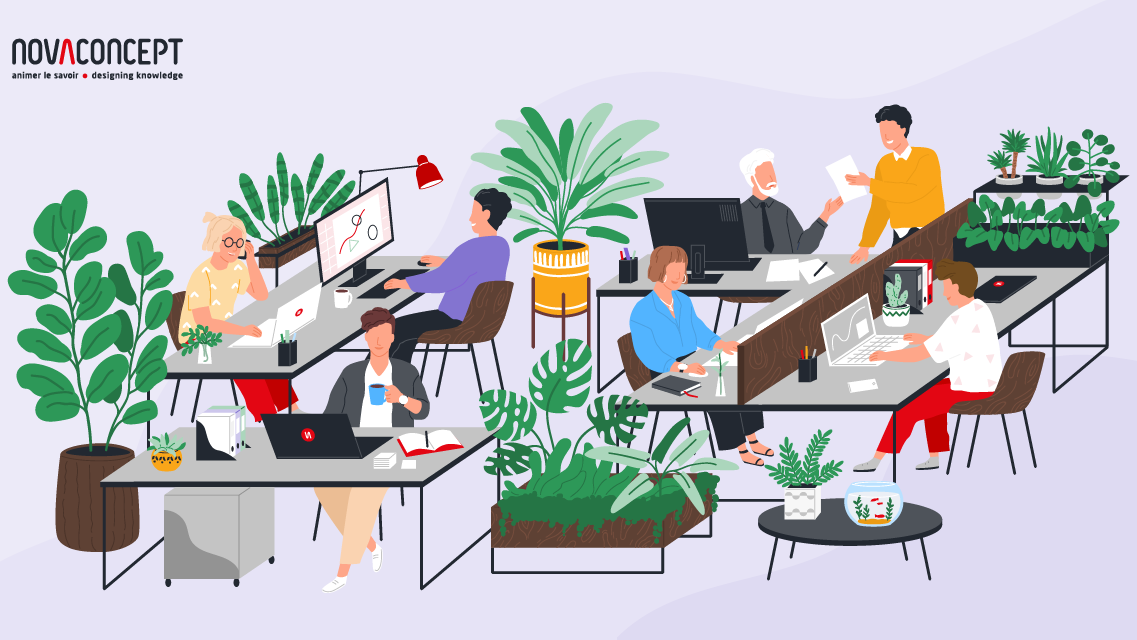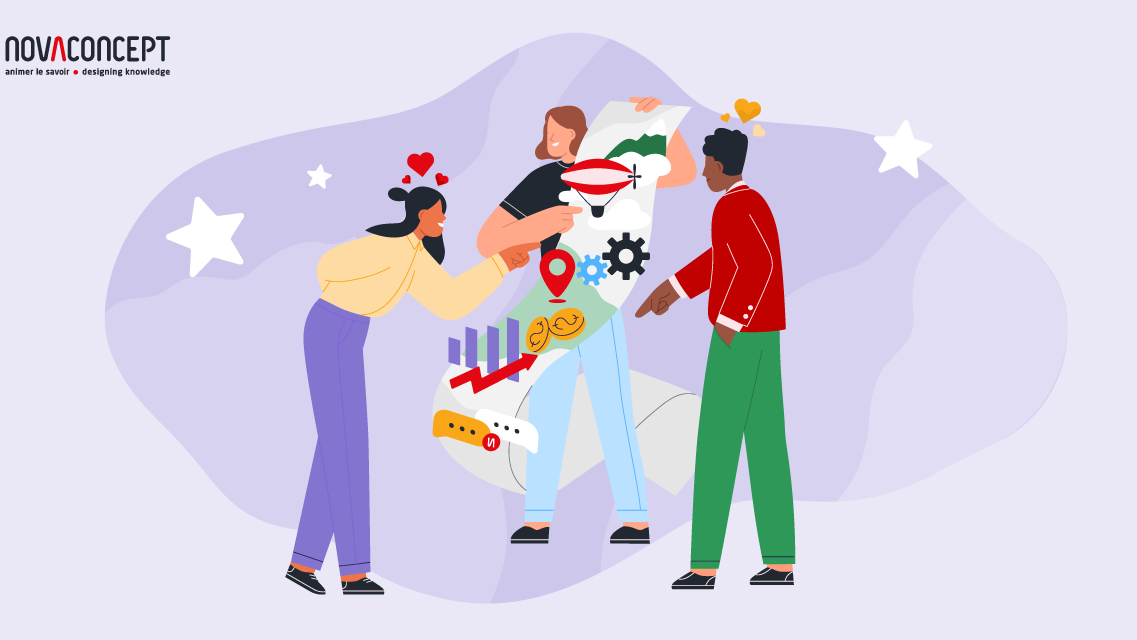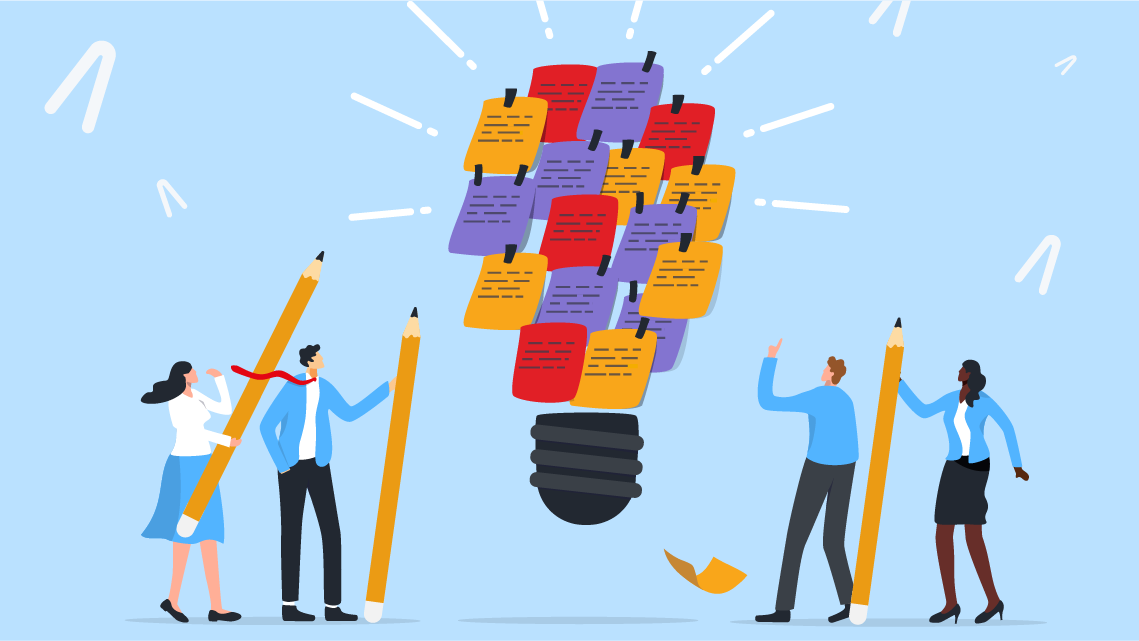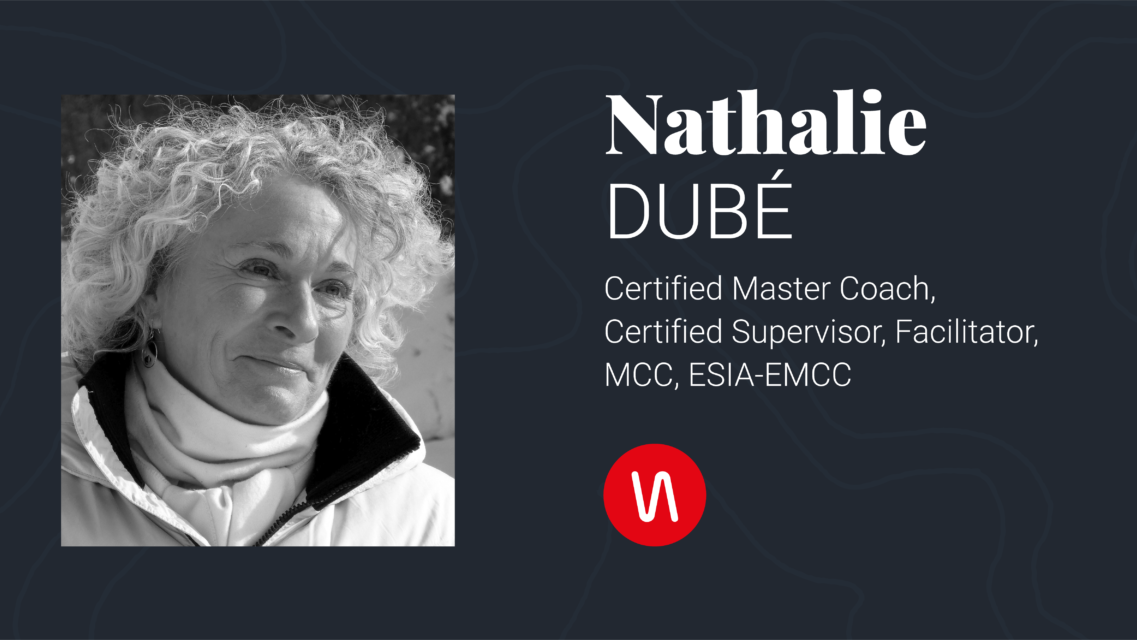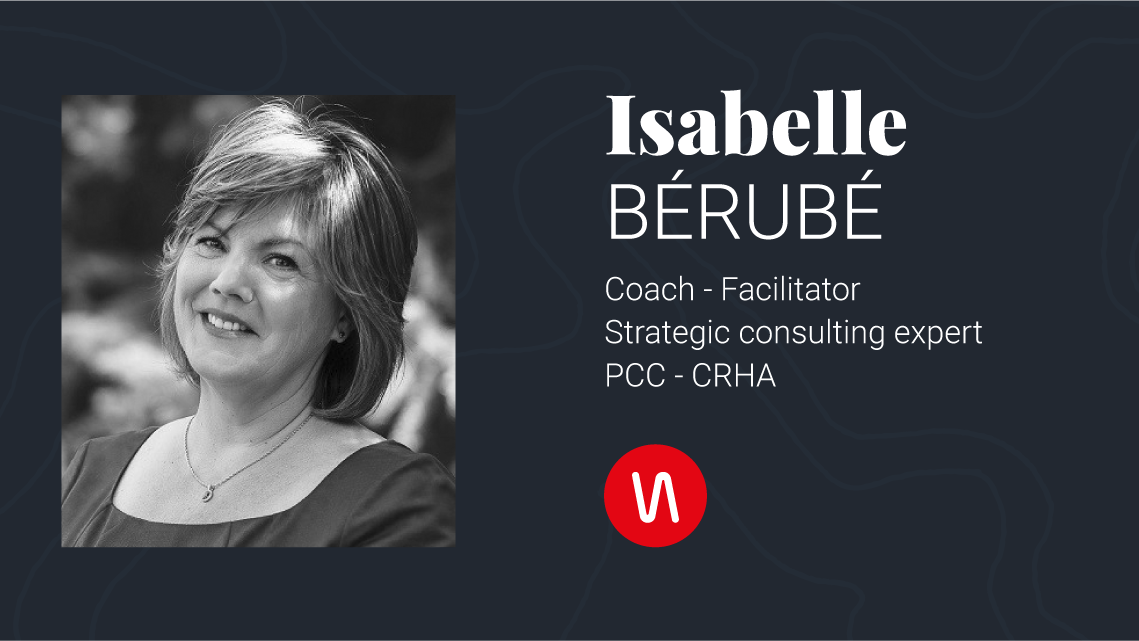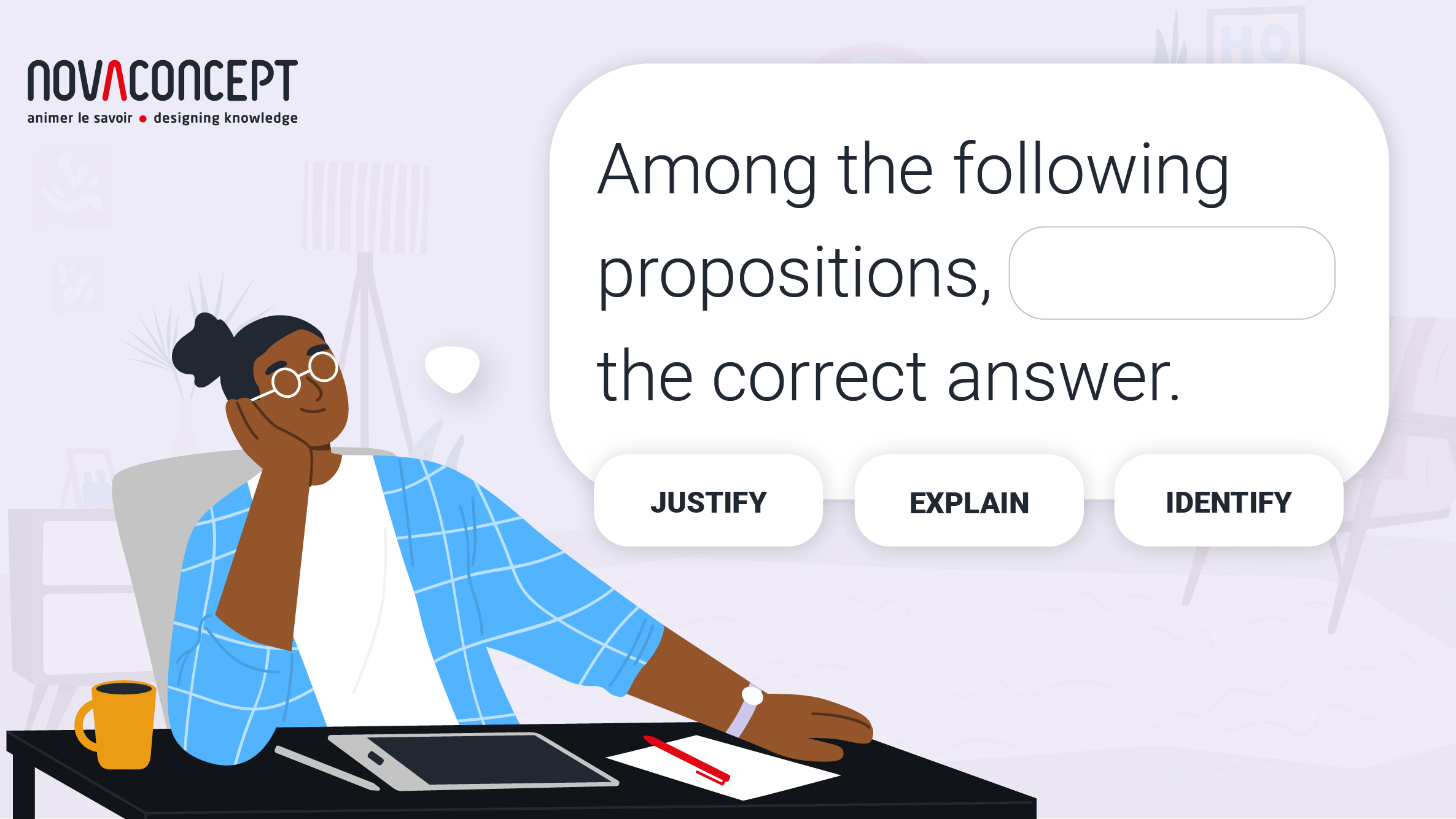Attracting and retaining talent is one of the top concerns in our society today. It pushes companies to innovate in order to find different strategies to better meet the needs and expectations of their resources, especially for the new generation of employees.
Is andragogy, defined as the study and practice of adult learning, a key solution to this hot-button issue?
Although the concept has been around for over 50 years, the adult learning field has grown significantly over the last decade. This is not surprising, considering that skill development has the power—when properly targeted and coordinated—to directly address every human being’s three basic psychological needs underlying self-determination theory, namely:
- Competence
- Autonomy
- Relatedness1
Instability, uncertainty and change have become more pronounced on the job market in recent years and it’s clear that it is now imperative that we revisit traditional training approaches, which no longer seem to be as successful as they once were.
Getting back to basics…
Before exploring new avenues and approaches to developing skills, let’s get back to basics and recall the six principles of andragogy that foster adult learning, as put forward by Knowles.2
- Adults need to know why they need to learn something (why, what and how).
- Adults have a need to feel responsible for their learning.
- Adults need to build on their experience (based on known resources and models).
- Adults are ready to learn if training solves an immediate problem.
- Adults want their training to be focused on problems rather than on skills.
- Adults learn best when motivation comes intrinsically.
Now, let’s connect these principles to current company needs: synergy, cross-functionality, agility, innovation, resilience, competition, engagement and talent retention by asking the following two questions:
- Do the coaching solutions currently available to your teams meet the needs mentioned above and develop new skills that your work context requires in a sustainable and personalized manner?
- What can be done to get there if that’s not the case?
Here are a few avenues Novaconcept suggests to companies to fuel thinking in line with these questions and consider a fresh approach to developing skills:
- Take a step back and take stock of the current situation in your company
What strategies to support your teams have worked well and/or not so well in the past and why? What are the current statuses of your teams in terms of capacity, talent and existing and missing skills? What are your identified learning needs? What about your leaders? - Carry out specific strategic planning for skill development
Following your analysis, draw up a chart of the skills your company needs in the future that are in line with your strategic orientations and operational needs. Scale up the exercise to your entire company, paying special attention to developing your leaders. They are your key players in building a learning culture. Set clear objectives that will become key metrics to help you nimbly track the effectiveness of the coaching activities you’ll offer in the future. - Target, plan and implement different coaching solutions to support your leaders and teams, in line with your corporate DNA, needs, challenges and ambition
Evaluate different potential coaching approaches to help you achieve your goals and guarantee sustainable development for your teams, like workshops/development paths combining e-learning and group learning, individual or group coaching, strategic consulting, co-development activities, mentoring, talent assessment, conferences and design-thinking activities. These are just a few ideas of what you can put in place to help your teams thrive. Ensure that your chosen strategies are complementary and establish a realistic and progressive plan to develop the targeted skills. - To implement training activities, ensure that the proposed methodologies are consistent with the adult learning principles suggested above
Aim for development spaces that foster reflection, discussions between peers, mutual support, experimentation, action and collective intelligence rather than piecemeal training not tailored to your company’s situation. John Dewey, an American psychologist, philosopher and specialist in education and new education, reiterated this idea as follows: The less you teach, the more you learn. Each experience should help prepare a person for more profound and beneficial future experiences. That is the very meaning of growth, continuity and renewed experiences.3 - Feel free to seek out external support in crystallizing your thought process and in offering support solutions
In short, adult learning’s place in a company’s ecosystem should be more important than ever. The work needed to change your approach to skill development may seem overwhelming at first, but it’s a key element in attracting and retaining talent to build teams committed to and engaged in your company’s success.
Novaconcept is a skill development and organizational transformation agency that helps companies challenge the status quo and do things differently. We co-create support solutions with you to build unique development spaces through a mix of multi-modal approaches.
[1] Deci, E. L., Intrinsic motivation, New York, Plenum Press, 1975
[2] Inspired by: Andragogy in practice (Knowles, Holton and Swanson), 2005
[3] Mayen, Patrick, and Catherine Mayeux. Expérience et formation, Savoirs, Vol. 1, No. 1, 2003, pp. 13-53.
Contact Us!
Has this article piqued your interest? Do you want to discuss solutions tailored to your needs? Get in touch now using the form below!
This site is protected by reCAPTCHA and the Google Privacy Policy and the the Terms of Services apply.

